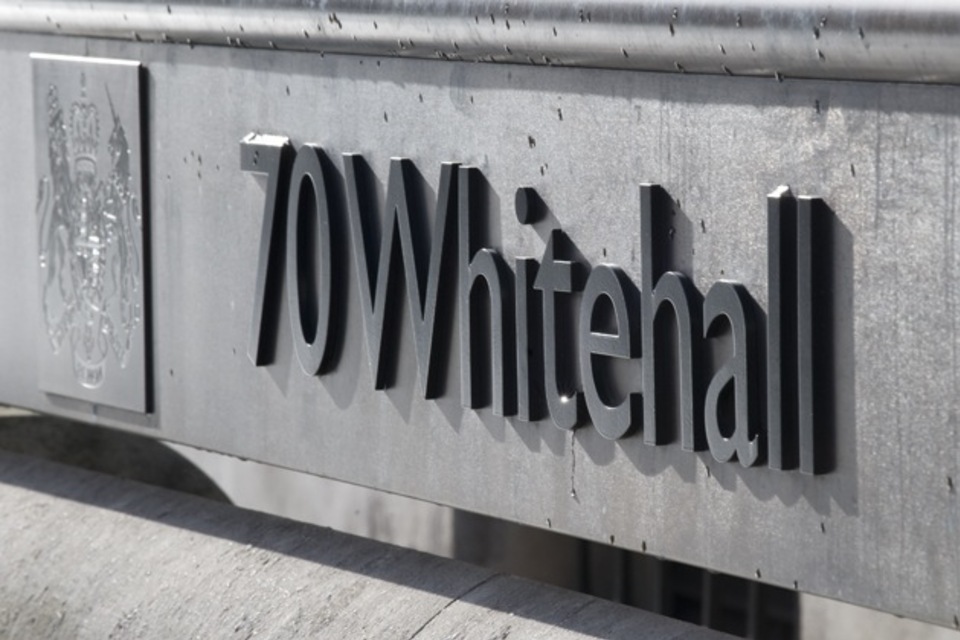Last week, many tech companies released their quarterly results, accompanied by ambitious forecasts for AI 2025 is being positioned as a key year, with more accessible models expected to drive widespread adoption of artificial intelligence. This week, Alphabet, Amazon, and Palantir will be in the spotlight with their earnings reports, and investors will be looking beyond bold statements to assess concrete factors such as cloud growth, enterprise AI adoption, and consumer demand—key elements for the sector’s long-term sustainability.
These earnings couldn’t come at a more interesting moment just last week DeepSeek sent shockwaves through global markets with the launch of its breakthrough low-cost “reasoning” AI model. The debut – made far faster and far cheaper than some of its US counterparts – is already challenging all the assumptions about AI’s economics, development, and the US-China tech gap. So, while revenue numbers from Big Tech’s latest quarter will matter this week, investors are just as eager to hear what the “Magnificent Seven” CEOs have to say about the tiny Chinese startup that could reshape the industry dynamics.
Meanwhile, miles from Silicon Valley, Alibaba is the one to watch as earnings roll in. The ecommerce and cloud giant just quietly claimed that its latest AI model outperforms Meta’s and DeepSeek’s on key benchmarks – and can handle longer inputs, a major advantage for AI agents with memory-heavy work. Cheaper computing can boost the company’s cloud and e-commerce businesses, just as sentiment on Chinese tech appears to be turning. And with Alibaba still trading at a steep discount to its US peers, a strong earnings report could be the spark it needs to build some serious momentum.
On the calendar
- Monday Eurozone inflation (January), US manufacturing activity (January), UK manufacturing activity (January). Earnings Palantir.
- Tuesday China manufacturing activity (January). Earnings Alphabet, Estée Lauder, PayPal, PepsiCo, Pfizer, Spotify, AMD, Super Micro Computer, Merck.
- Wednesday US service sector activity (January), UK service sector activity (January). Earnings Alibaba, MicroStrategy, Uber, Walt Disney, ARM, Ford, Novo Nordisk, Qualcomm.
- Thursday Bank of England interest rate decision, eurozone retail sales (December). Earnings Amazon, Pinterest, Philip Morris, Eli Lilly.
- Friday US jobs report (January), US consumer confidence (February), Japan household spending (December).
What you might’ve missed last week
Global
- Chinese startup DeepSeek shook up the tech world with a low-cost “reasoning” AI model.
US
- The Federal Reserve kept interest rates unchanged and warned markets to be patient.
- Big Tech’s earnings delivered mixed results relative to high hopes.
Europe
- The European Central Bank cut interest rates for the fifth time as the eurozone economy struggles
UK
- The latest manufacturing data revealed sluggish business activity growth in January, showing little momentum.
- UK consumer confidence plunged to its lowest level in over a year, reflecting growing economic concerns.
- With pandemic-era cash reserves nearly exhausted, businesses are increasingly at risk of job cuts when tax hikes take effect in April.
- The country’s car production fell last year and is set for another decline in 2025, possibly reaching a 70-year low.
- The pensions industry is backing government proposals to unlock billions in retirement fund surpluses for corporate investment.
Why it matters
China’s DeepSeek – a tiny startup, barely a year old – unveiled an open-source AI model that rivals OpenAI’s GPT-4, but at a fraction of the cost. That’s a wake-up call for Big Tech, proving cutting-edge AI isn’t just for the biggest players. The debut also challenged the assumption that AI progress depends on ever-growing computing power, sending Nvidia’s stock tumbling 17% on the day. Still, tech CEOs saw a bullish signal in the market-rattling mayhem AI is evolving fast, lowering barriers, and creating an even bigger market, they said.
Four of the “Magnificent Seven” tech giants delivered strong earnings updates, but investors’ sky-high expectations meant the market’s reaction was mixed. Microsoft’s revenue was better than expected, but slower cloud growth raised questions about its AI strategy. Meta topped forecasts too, but warned of slowing sales and rising costs. Apple’s holiday revenue hit a record high, but China remained a weak spot. Tesla had the roughest ride – falling short on sales and profit, and slashing its outlook for this quarter. The silver lining, at least, is that lower expectations are easier to beat.
The Federal Reserve (Fed) kept interest rates steady at nearly 5% and signaled it’s in no rush to cut them. US inflation has cooled, but the central bank wants more proof it’s fully under control before easing up. That means borrowing costs will stay high for now, keeping the pressure high on businesses, consumers, and markets. But the central bank didn’t signal any intention to raise rates either. Investors are still betting the first rate cut will come in June – they don’t expect the Fed to rush into it.
It wasn’t quite the same story across the pond the European Central Bank just cut interest rates for the fifth time since June, as the eurozone economy stalled. Like the Fed, the central bank has been keeping its cards close to the chest. But even with the key rate now at just 2.5%, there could yet be more cuts on the table if the region’s slowdown deepens.
The UK economy stumbled into 2025, weighed down by stagnation, resurgent inflation, and deepening business uncertainty. January’s data painted a troubling picture while economic growth narrowly avoided contraction, hiring plummeted, price pressures intensified, and consumer confidence sank to its lowest level in over a year.
The job market, in particular, deteriorated at an alarming rate. Positions were cut at the fastest pace since 2009 (excluding the pandemic crisis), driven by falling demand and rising costs. January marked the fourth consecutive month of payroll reductions, as businesses braced for an increase in employers’ National Insurance contributions and a minimum wage rise, due in April. With pandemic-era cash reserves largely depleted, layoffs seem inevitable, particularly in retail, manufacturing, and hospitality.
The auto industry fared no better. Car production declined for a second straight year, with output expected to reach its lowest since 1954. Nissan, Jaguar Land Rover, and other manufacturers struggled with weak demand, rising costs, and a lack of government incentives for private EV buyers. Industry leaders called on policymakers to restore consumer confidence and stimulate investment.
Labour’s proposal to ease investment restrictions on pension surpluses could provide a much-needed economic boost, potentially injecting up to £50 billion into businesses. Fans of the plan say it could drive investment and support growth when firms are grappling with sluggish demand and mounting expenses. However, there are still concerns about pension security, and with falling interest rates threatening to erode surpluses, the long-term viability of the policy isn’t crystal clear.
Important Information
This publication has been produced with Finimize. As with all investing, your capital is at risk. Forecasts are never a perfect predictor of future performance, and are intended as an aid to decision- making, not as a guarantee. This publication does not contain and should not be taken as containing, investment advice, personal recommendation, or an offer of or solicitation to buy or sell any financial instruments. Prospective investors should seek independent financial, tax, legal and other advice before making an investment decision.
Your capital is at risk. If you choose to invest, the price and value of any investments and any income from them can fluctuate and may fall. So you may get back less than the amount you invested. Past performance is not a guide to future performance.
*As with all investing, financial instruments involve inherent risks, including loss of capital, market fluctuations and liquidity risk. Past performance is no guarantee of future results. It is important to consider your risk tolerance and investment objectives before proceeding.







